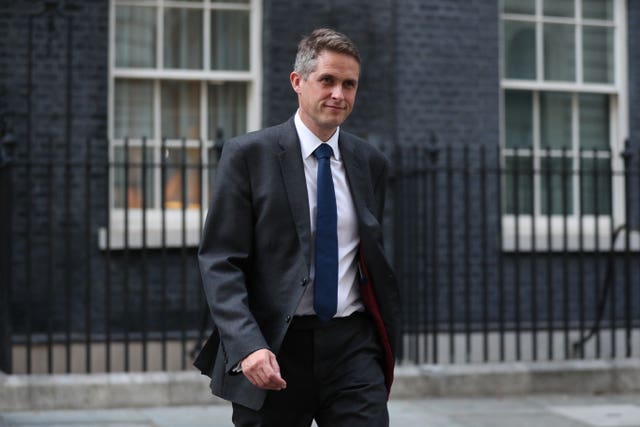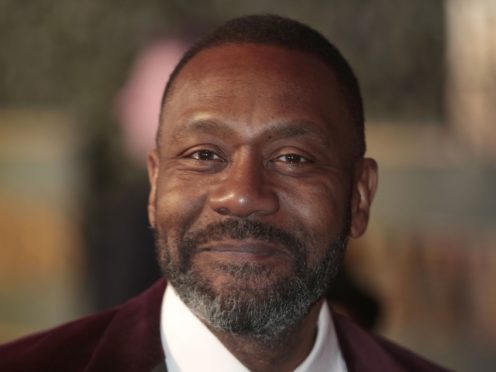Artists and politicians have backed calls for the Government to reverse the drop in students taking “vital” creative subjects at school.
A letter to Education Secretary Gavin Williamson states that arts education is vital to the future success of the UK’s lucrative creative industries.
Sir Lenny Henry is among 150 celebrities and professionals calling for curriculum change “for the benefit of the whole UK”.

Conservative MP Ed Vaizey also backed calls for change.
Recommendations addressed to the Government include ditching or altering the English Baccalaureate (EBacc), which allows students to opt-out of taking creative subjects.
The letter, drafted by the Creative Industries Federation, states: “Ensuring young people have access to creative education is vital if the country is to maintain a resilient talent pipeline for the creative industries, the fastest growing sector in the UK economy.”
It continues: “A creative workforce is one that is resilient, fit for the future, and non-negotiable for the health of our economy.”
The letter signed by Sir Lenny, architect Lord Norman Foster, Rankin, Bob and Roberta Smith, and fashion model Adwoa Aboah claims there has been an 8% drop in the number of students taking GCSEs in creative subjects since 2014/15.
It further claims that take-up for arts courses at GCSE level has fallen by 35% since 2010.
The letter suggests that as well as cutting off the supply of creative talent fuelling UK industries, narrowing the curriculum to exclude the likes of art, dance and music education reduces the well-being of the nation’s workforce.
It reads: “For the benefit of the whole of the UK, we urge government to incentivise a broad and balanced curriculum within schools. This should incorporate strong representation of creative subjects.”
The missive backed by artists and academics highlights the EBacc qualification as a major factor in the exclusion of arts, and calls for either its reform or abandonment.
It says: “We call for either the discontinuation of the EBacc, or its broadening to include creative subjects, and for government to ensure that schools are well resourced to deliver these subjects.”
Former culture minister Mr Vaizey added his signature to the letter.
He said: “If the UK’s creative industries are to continue to be world-leading, we have to strengthen the talent pipeline and ensure creativity is at the heart of the curriculum.
“Studying the arts improves students’ grades across the board too and equips young people with the skills required in a future job market.
“After all, in a world of growing automation, creativity is what makes us human.”
The Department For Education was contacted for comment.
